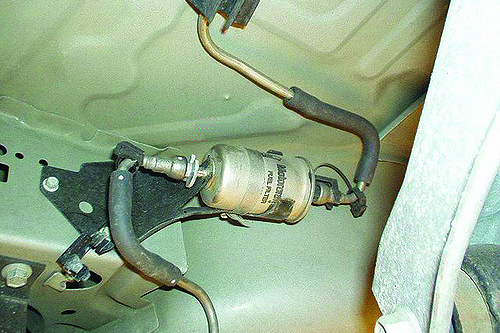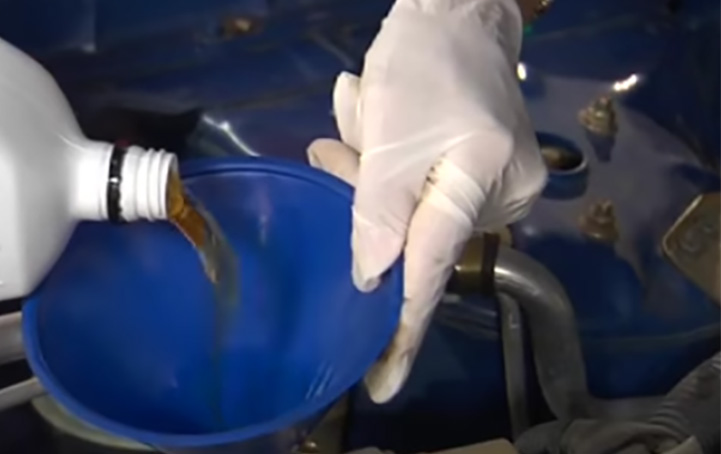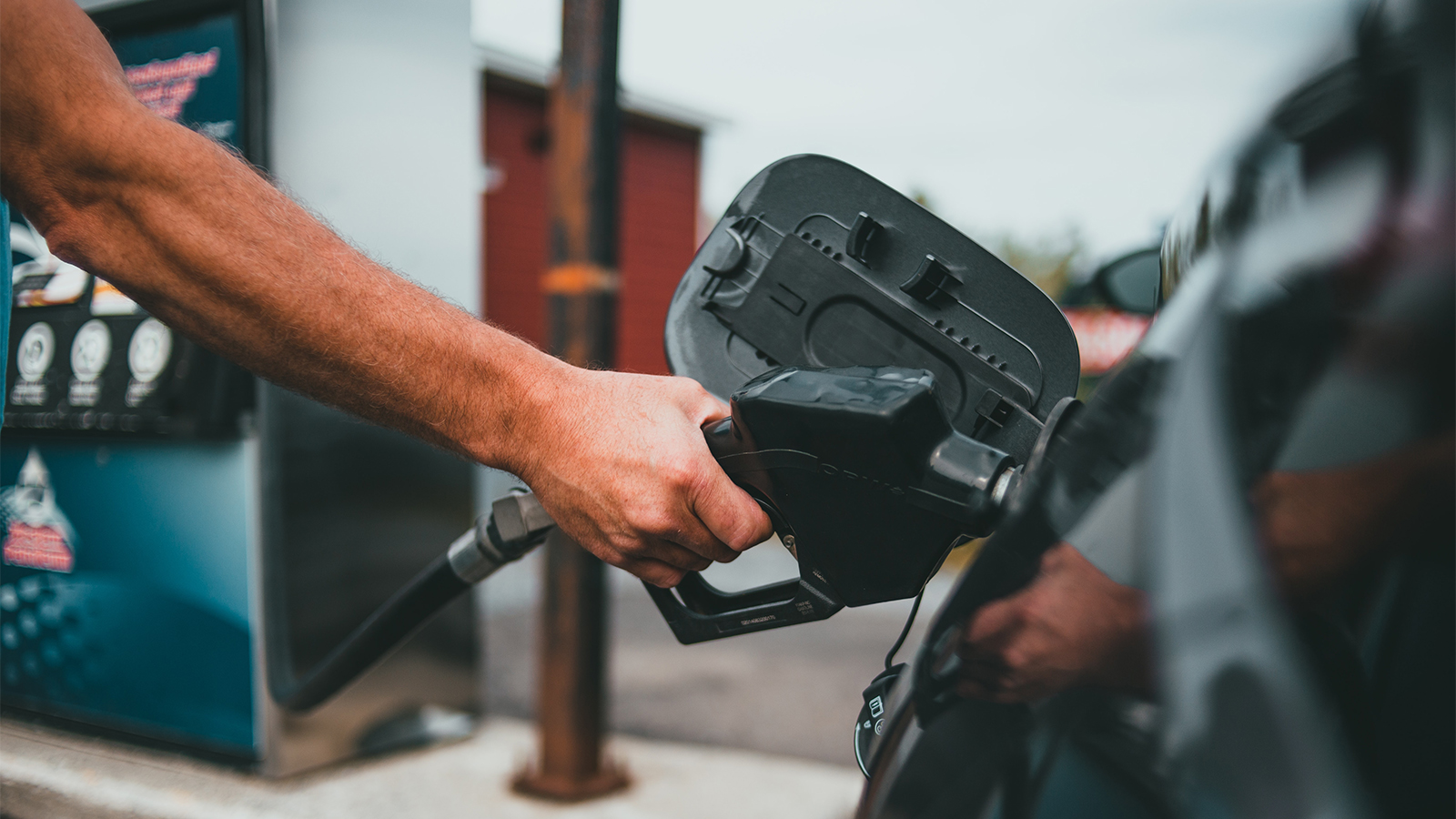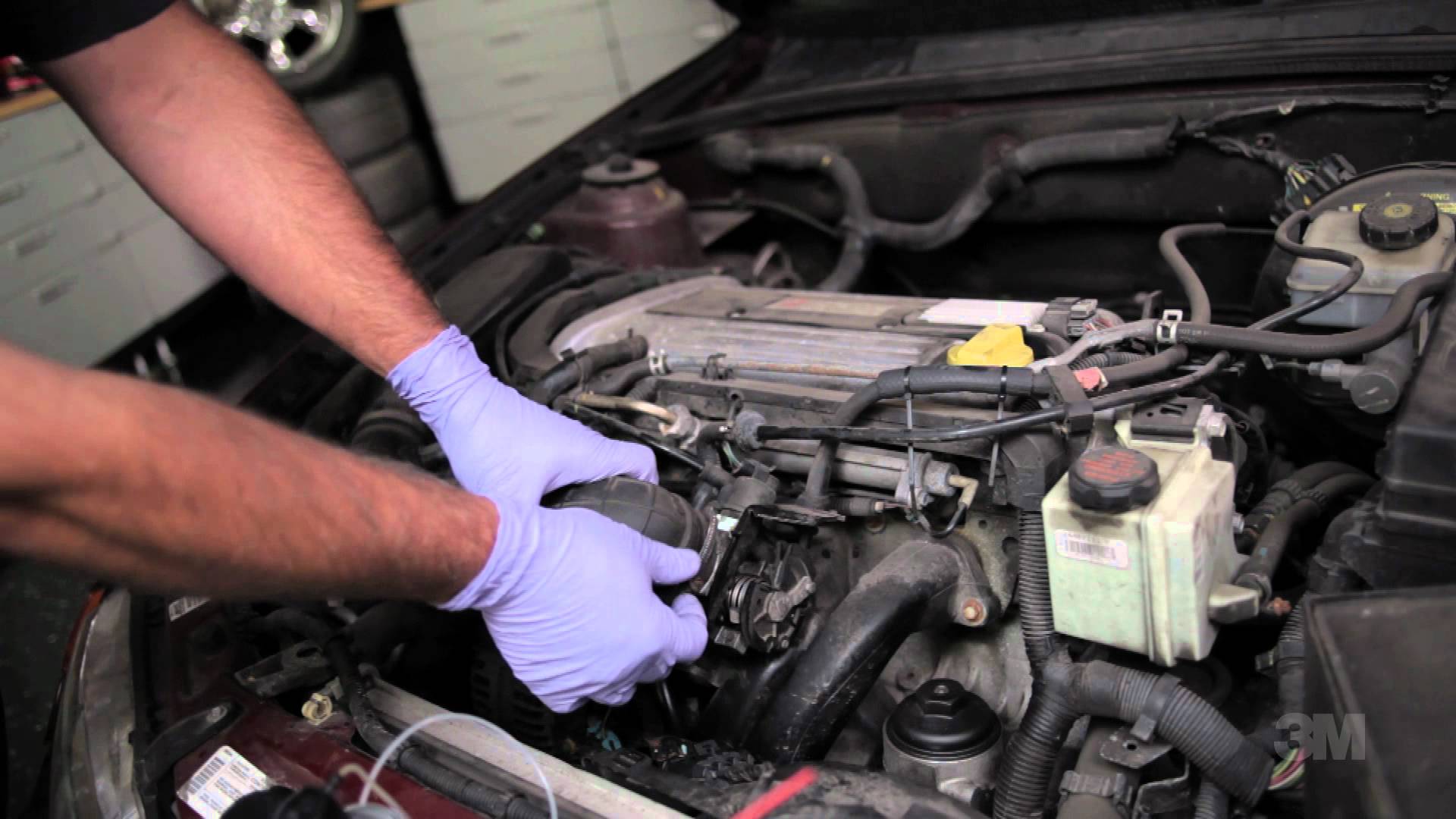An engine failure can be catastrophic for a car owner, and often it signals the end of the life of your vehicle. Despite modern technology and social media making it easier to DIY, things under the hood can still go horribly wrong. A lack of proper motor oil or compromised coolant are big threats. With most drivers keeping their cars longer, manufacturing defects and old age are also to blame. Here's how to avoid the most common worst-case scenarios.
The Importance of Regular Engine Maintenance

Source | Kampus Production
Performing regular and proper engine maintenance dramatically reduces the chances of a car malfunction. Internal combustion engines produce enormous heat, with exhaust gases ranging from 400 to 1,000 degrees Fahrenheit, depending on the type of vehicle. When heat and metal engine components rub together it often causes an engine failure. An oil change can help by replacing lube that has lost its viscosity, meaning it's become less slippery. In addition, changing the oil filter simultaneously helps remove tiny pieces of metal and other small debris and particles, like dust and dirt, that can damage pistons, rings, cylinder heads and valves. Remember that at Advance Auto Parts, you can bundle the right oil with the right filter, at the right price.
Protecting the Engine From Contaminants
Changing your air filter helps to keep dust and dirt from entering the combustion chamber, where it can scrape cylinders and other moving parts. If cylinder walls and pistons become damaged, the engine will lose compression and eventually fail. Contaminants can also get into the engine via the fuel supply. A rusty gas tank, contaminated fuel or particles in the filler tube can all end up in places they don't belong. Regularly changing the fuel filter, if equipped, will help eliminate the problem and also help regulate airflow, which is important for proper combustion and fuel economy. Did you know that fuel treatments and injector cleaners work to prevent buildup?
The Significance of Spark Plug Maintenance
Combustion relies on spark plugs properly igniting the fuel. If a plug goes bad and isn't firing correctly, the unburned fuel creates carbon deposits that stick to the engine's moving parts and cause damage. Aligning the pistons and valves into the correct position to make the engine run properly depends on the timing belt. It's important to change your plugs at the recommended interval. Here are the basics and tips on how to identify worn spark plugs.
Here's how to complete your job and the tools you'll need to replace your spark plugs.
Serpentine Belt Inspection and Replacement
Basic car maintenance means inspecting the serpentine belt or belts that control several key engine components, such as the alternator power steering pump, A/C compressor and water pump. A broken belt can cause the engine to overheat as coolant stops flowing quickly. Too much heat will damage the pistons and rings, turning your engine into toast. Changing belts at the first sign of wear, such as sounds, glazing and cracks, is added peace of mind against engine failure.
Cooling System Maintenance and Coolant Replacement

Enter your vehicle information on the Advance Auto Parts website to find the right coolant for your vehicle. | Source: Lisa Kowite
The engine is cooled by a mix of water and antifreeze, also known as coolant. The water pump pushes the coolant through engine passages, where it then travels to the radiator. Air passes through the front grille, aided by the radiator fan, which allows the heat from the coolant to be transferred to the atmosphere. Unfortunately, over time, the coolant loses some of its effectiveness and needs to be replaced.
Following and Tracking Manufacturer Recommendations
Keeping a record of your car's mileage and changing fluids, as the owner's manual recommends, is a low-tech way to keep your engine running well. Also, be mindful of manufacturer's recall notices, warnings and advisories. Some engine defects occur during the automaking process and may be corrected free of charge if caught. However, most engine failures can be prevented before they happen, and Advance Auto Parts has all the components and tools you'll need.
Now that you've learned some valuable tips to keep your engine running smoothly, we'd love to hear about your experiences and insights on engine maintenance. Leave a comment below, and let's spark a conversation!
1. Select the desired tool kit to borrow from your local Advance Auto Parts.
2. Purchase the tool kit just like any other purchase you would make. You now have 45 days to use the tool.
3. Return the tool to any Advance Auto Parts store for 45 days for a full refund.








